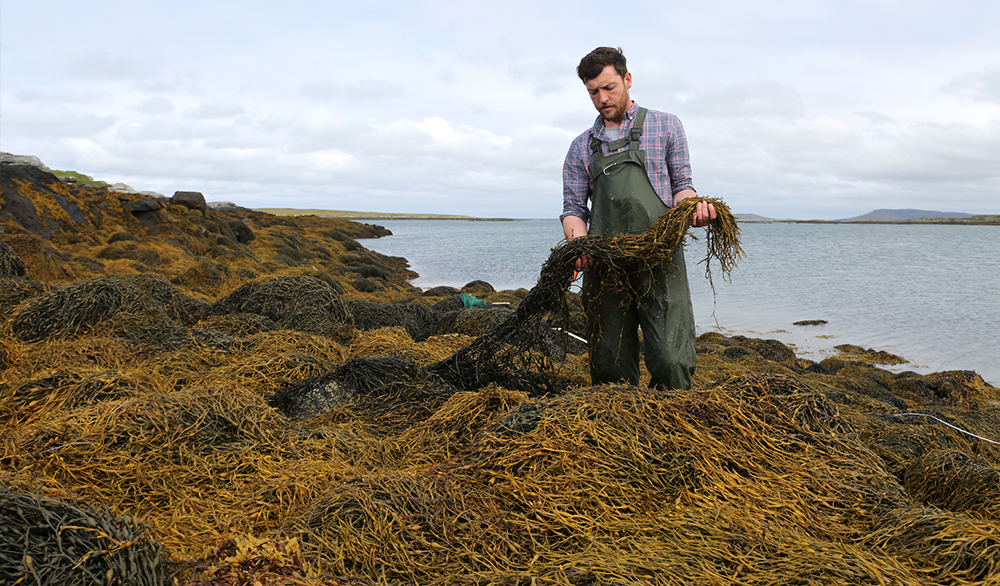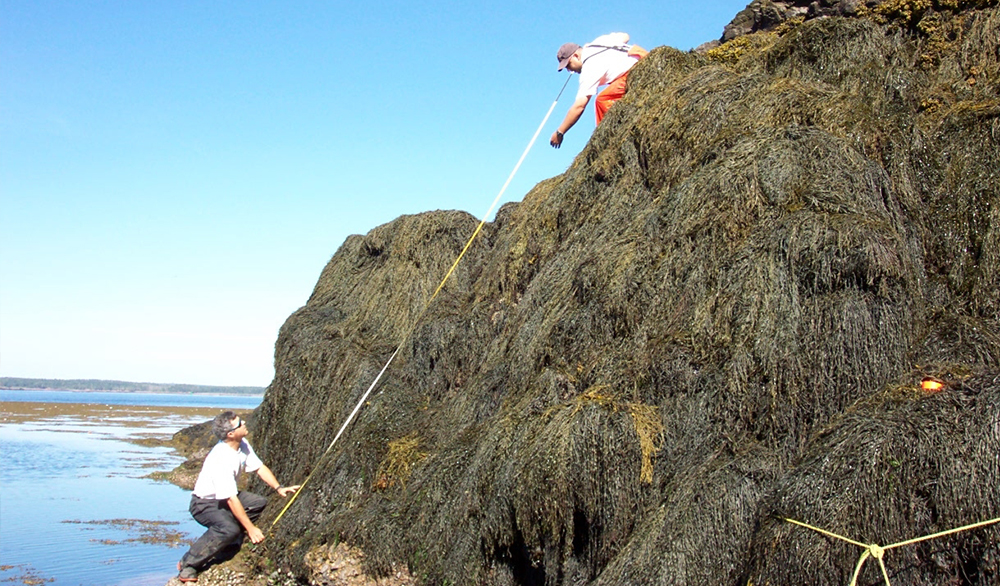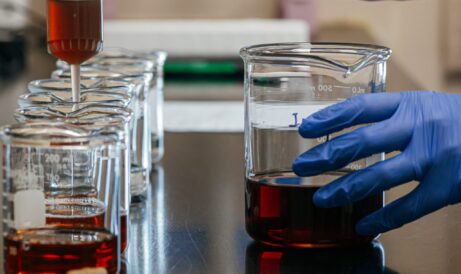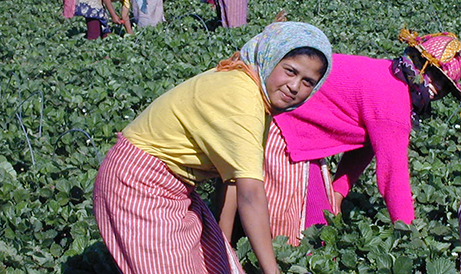
Habitat research & monitoring
Any organization that operates in coastal ecosystems has an important role to play in their preservation. Changes to ecosystem structures and functions can have rippling effects, so it’s important for our Marine Scientists to ensure the ongoing health and integrity of the ecosystems where we operate.
We monitor how changes in algal biomass or canopy structure impact invertebrates, fish and other marine fauna. When assessing the harvest’s potential impact, we often partner with local research institutions to evaluate and validate the minimal impact of the harvest on these organisms.


At Acadian our science has a practical purpose.
See how all of our products are designed to create a more sustainable future.

We aim to make a difference in the world.
Learn more about the vision, people and communities making that happen.
How can Acadian Seaplants help you?
We can find out together.
